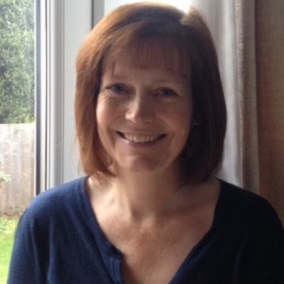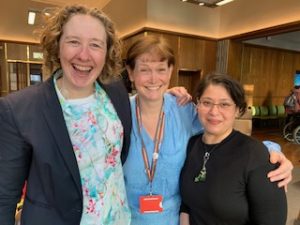Do you provide unpaid care and support to a family member or friend who has a disability, illness, mental health condition or requires extra help as they age? Many of our colleagues are performing this role and don’t realise that they are a carer. One of the missions of NUCarer’s network is to help carer’s identify themselves as a carer, acknowledge their role and get the support they are entitled to.
What defines unpaid care? This can be something as simple as doing a weekly shop for a person or taking someone to visit relatives. Conversely, it can be a complex role of administering medication, providing transport to hospital appointments or providing personal care. The range of activities which defines a carer is vast. If you think you might be a carer but are not sure, use this simple checklist of daily or routine tasks to determine whether or not you are.
Introducing NUCarer’s Network Representative for FMS: Dr Kelly Coffey
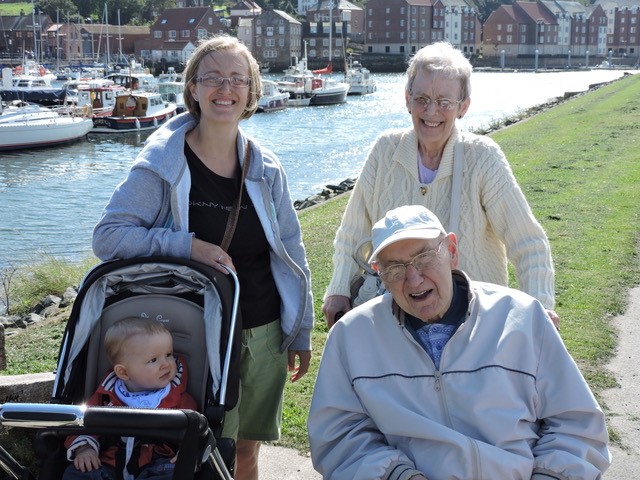
The theme for #CarersWeek2021 is “Make caring visible and valued” and is the perfect time to introduce myself as the FMS representative for the NUCarer’s Network. I work within NUTCRI as a tenured research fellow and have been an unpaid carer for around 20 years and a mum for 5 years. Like many people, I didn’t realise that I was a carer for many years. Indeed, it is often when caring responsibilities become overwhelming that a person finally realises that they perform a caring role.
My caring journey began with my Gran, simply taking her for her weekly grocery shopping. It was actually something I looked forward to doing and never once thought of it as a caring role. Subsequently, I then became a carer for both my parents.
My caring role was negligible to begin with. During my PhD I found that I was having to deal with more of their financial matters as the internet became more established. My father was a miner for all his working life until he retired due to colliery closures. My mum was a homemaker for all of her married life as was the tradition in Northumberland. Neither one knew how to turn a computer on never mind navigate the internet!
Meanwhile, in my working life I was doing OK. I got my PhD, I did a couple of post-docs, published my research, helped write grants that were funded and then to my amazement I got an external fellowship to start my own research group from Prostate Cancer UK. I had done it, against the odds (a miner’s daughter from one of the most deprived areas in the UK) – or was it luck? Yes, imposter syndrome – lovely to meet you! A couple of years into my fellowship I welcomed my son, Matthew, into the world and life would change forever. It was at this time that my caring role started to evolve ever bigger into a perfect storm that would rage for 5 years with a grand finale of Covid-19.
The hard manual labour that Dad endured for well over 30 years took its toll on his body. During that time dad had a pacemaker fitted, a new hip fitted, skin cancer removed, to name but a few issues. Mum was diagnosed with Alzheimer’s disease at the same time which progressed very quickly and I developed gall bladder disease all whilst getting used to motherhood and being a new group leader. It became commonplace that I would be called out at 2am to deal with a fall or hospital admission and then go to work with no sleep at all. To this day I don’t know how I did it. But it was becoming apparent to others that I was killing myself and needed help and this would come from an unexpected place – a progress review interview for my fellowship. That was the first time I “confessed” everything in the work environment in its raw and unedited form and it was the best thing I ever did.
Since then, a lot has changed. I joined NUCarer’s and discovered there were so many others in my position or had done it all. I got practical advice from the experience of others and much needed peer support. I know I have the Employee Assistance Programme should I ever need to call upon it.
Sadly, in May, one week before her 80th birthday, mum passed away holding the hand of a stranger, to whom I will be forever grateful. On New Years Day 2021, I sat with my dad as he took his last breath. Neither caught Covid, which I consider a minor victory in all this. So, for now, my caring journey is over and a journey of healing has started.
I feel very passionate about helping colleagues to acknowledge that they are carers and to be proud of what they do. Passing on our knowledge to other carer’s once our journey is over is so important which is what makes NUCarer’s such an important resource. I can’t recommend this network enough.
For more information about NUCarer’s, events during Carer’s Week 2021 and how to join can be found within the latest NUConnections article.


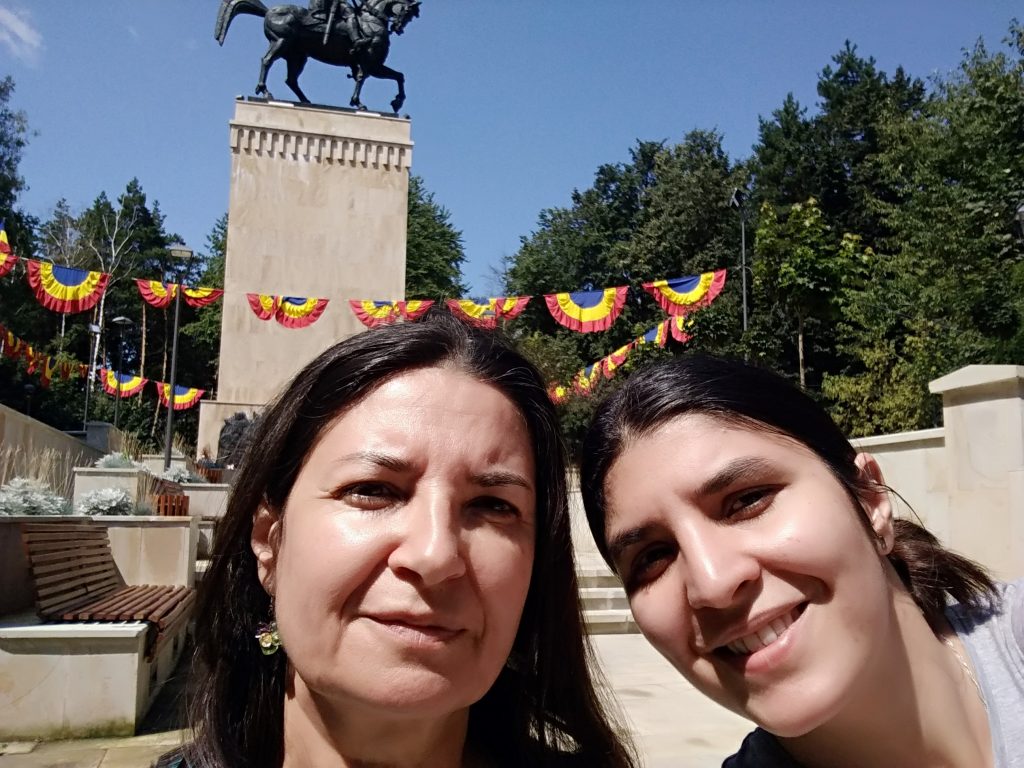

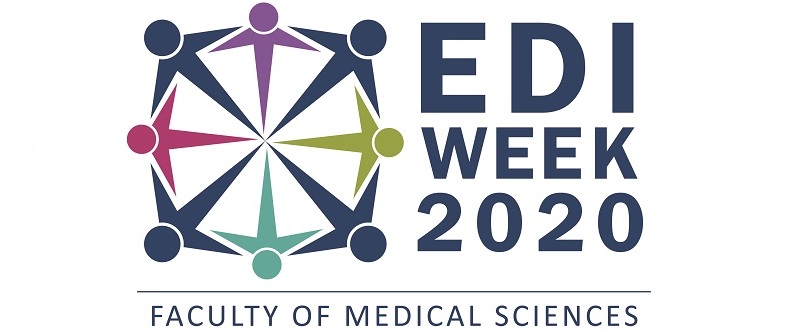
 Continuing with our Flexible Working
Continuing with our Flexible Working 
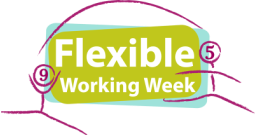 Thank you so much to Christina, and we wish her continued success working flexibly in her career!
Thank you so much to Christina, and we wish her continued success working flexibly in her career!